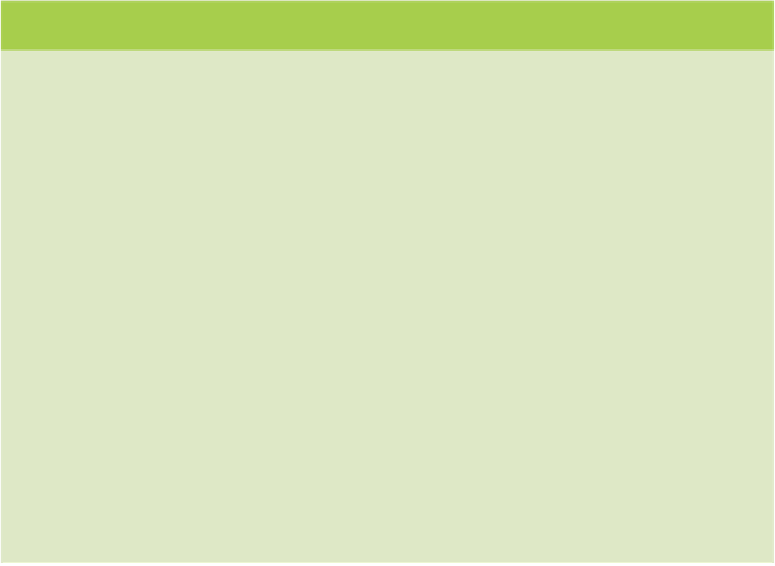Travel Reference
In-Depth Information
flagstoned squares and many churches all speak of the Portuguese inheritance as well as the
Chinese, a fusion of East and West that has produced the unique Macanese culture.
The story of the European discovery of Macau begins in 1513, when Portuguese explorer
Jorge Alvares reached the south coast of China. Traders followed in his wake, setting up
bases in several parts of the Pearl River estuary. Finally, in 1557, they were all consolidated
in Macau. It was the only European gateway to China, and through it flowed Western tech-
nology and religion. In 1576, Pope Gregory XIII created the Macau diocese, which covered
all of China and Japan.
Getting to and around Macau
The easiest way to get to Macau is by TurboJET ferry (
www.turbojet.com.hk
)
. Jet-
foils run every 15 to 30 minutes, 24 hours a day from the Macau Ferry Terminal at
the Shun Tak Centre in Sheung Wan, just west of the Central ferry piers. The trip
to Macau's main ferry terminal takes about an hour. There are also four depar-
tures daily from the Sky Pier near the Hong Kong International Airport (45
minutes).
Cotai Jet Ferries (
www.cotaiwaterjet.com
) run services between 7am and 5pm
from the Shun Tak Centre to a new pier in Macau on Taipa.
The Macau Government Tourist Office at 336-7 Shun Tak Centre
(
www.macautourism.gov.mo
)
can assist with information. Most nationalities need
only a passport to enter Macau. The
pataca
, Macau's currency, is pegged to the
Hong Kong dollar, and you can use Hong Kong currency in Macau.
There is another Macau Government Tourist Office at the main ferry teminal in
Macau. Outside, there are free shuttle buses to hotels and casinos, as well as
taxis and minibuses to all points (take 3, 3A, 10, or 10A to the historic centre; ex-
act change required).
The location presented significant trade opportunities. As China and Japan were not on
speaking terms, trade between them had to be channelled through a neutral middleman and
Macau was ideal. Portugal's resulting near-monopoly of East-West trade awakened the
competitive instincts of other European powers. The Dutch sent an invasion flotilla to Ma-
cau in 1622, but the defenders triumphed. However, the end of the golden age was drawing
near. China began to relax trade restrictions, and with the rise of Hong Kong, Macau be-
came an isolated Portuguese outpost.

